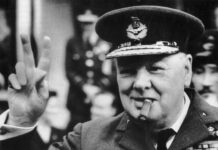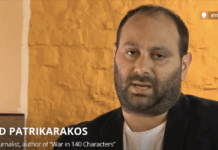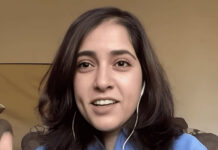By Charles Gardner —
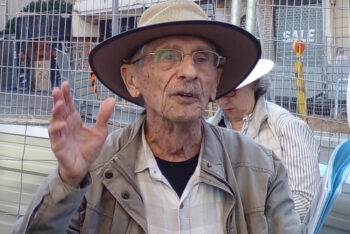
A Holocaust survivor now witnessing horrors he never thought he would see again has been reflecting on the October 7th massacre that sparked Israel’s war with Gaza.
Dr Arie Itamar was born in Odessa in the Ukraine around the time of the terrible 1941 Nazi massacres of Jews in the Babi-Yar valley near Kyiv and in the city of his birth.
He and his mother managed to escape thanks to his grandmother pushing them onto a train, but his father died on the battlefield near Moscow shortly afterwards.
Pondering over the difference between Babi-Yar and Be-eri (the focus of the recent atrocity), where Hamas unleashed decapitations, raping, burning and kidnapping, accompanied by savage expressions of joy, he said:
“By contrast, in Babi-Yar, the murderers did not want to see the brains of babies. It was too much for their stomachs. So they shot their victims from a distance. You decide which pogrom you find more terrible.”
He said there was no justification for the actions of Hamas, but was grateful for the ‘heroes’, such as Christian organizations March of Life in Germany and Repairing the Breach in the UK, “who have the courage and honesty to expose and dispose of 2,000 years of antisemitic education”.
He even likened them to the story of the Dutch boy who prevented a flooding disaster in Holland by putting his finger in the hole of a dyke.
Whereas the new Holocaust deniers, who suggest the Be-eri massacre didn’t happen, are shameful cowards.
Eventually arriving in Israel as a refugee, Arie has participated in several wars, with the hope of allowing his children to lead normal lives.
“But the terrible hate does not leave us alone, and my grandchildren have to fight – four family members are mobilized. But we have no other place in all the world.”
Although living 50km (30 miles) from Gaza, normal life has ceased for now, with schools and playgrounds closed.
Arie and others in their eighties are actually serving as volunteers helping to plug the gaps left by the mass call-up of soldiers and reservists. His full story is told in Misty Mists, available from www.amazon.co.uk
Among other volunteers – helping with the olive harvest and serving evacuees from more dangerous areas – are Aliza and Gidon Ramati, who also came to Israel as refugees from World War II and whose full story is told in Where Are You My Child?
Gidon says their hearts are broken by the monstrous cruelty visited upon their babies, their children and their elderly and, at the same time, anxious over the fate of their warriors on the frontline.
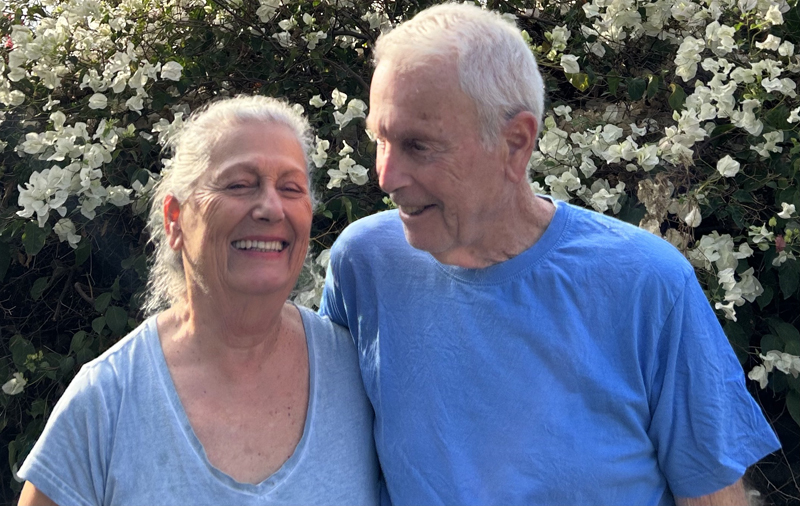
Gidon survived the bombing of a ship in 1940 and Aliza’s parents managed to escape the pogroms in Syria. After their parents fought in the War of Independence of 1948/9, they and their three children all took part in battles for their small country’s survival.
“Today our grandchildren are fighting both in Gaza and the north. Please pray for us. Your prayers strengthen the soldiers and the home front. We will certainly succeed, and after some time, Israel will once again be a light to the Gentiles. Thank you for identifying with us.”
Aliza’s book, mentioned above, is available on a donation basis for UK readers by emailing [email protected]

